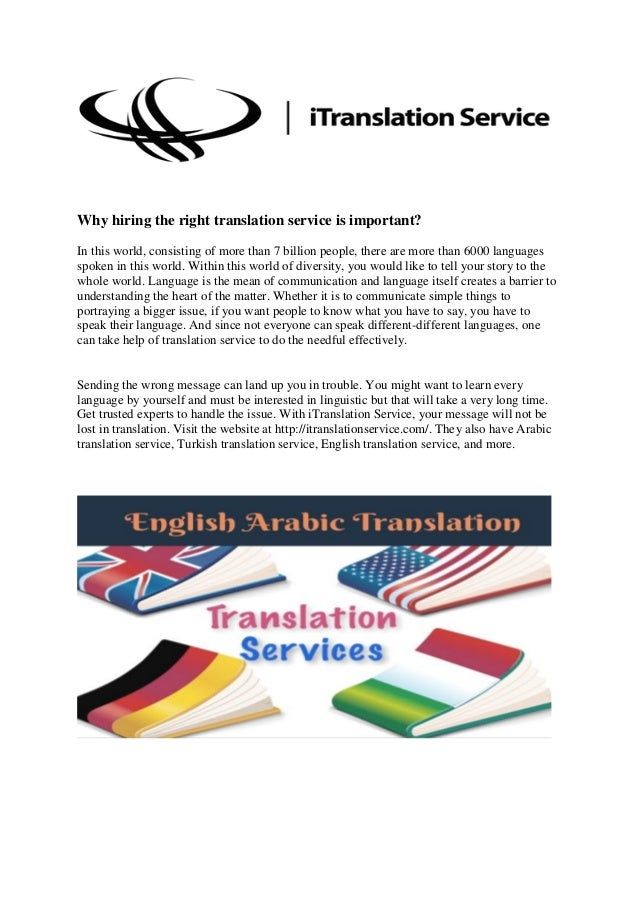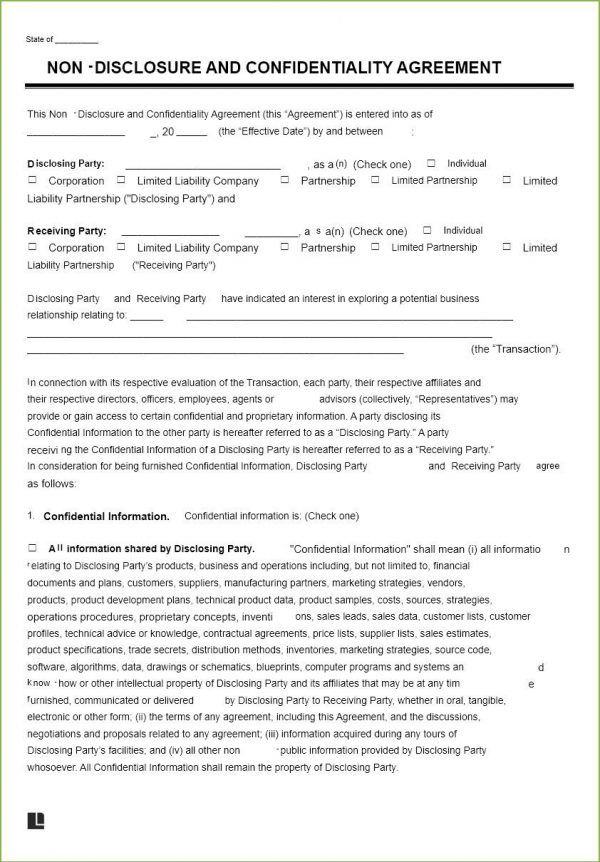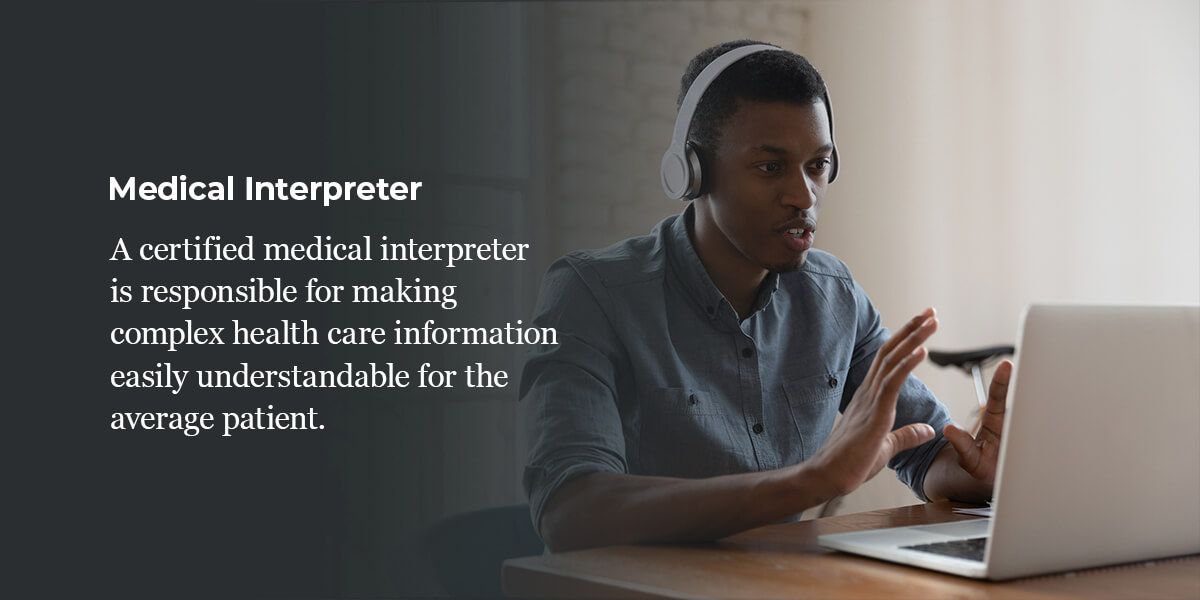In today’s diverse and globalized world, the need for effective communication in healthcare settings has never been more important. For clinics and hospitals serving multilingual patient populations, accurate and efficient medical translation services are essential to ensure that every patient receives the care they need.
The Importance of Multilingual Medical Translation
For clinics and hospitals, accurate communication is crucial for providing high-quality healthcare services. In a multicultural society, language barriers can lead to misunderstandings, misdiagnoses, and inadequate treatment. This is where multilingual medical translation services play a vital role in bridging the gap between healthcare providers and patients who speak different languages.
Multilingual medical translation ensures that patients fully understand their medical condition, treatment options, and instructions for follow-up care. It also allows healthcare providers to accurately document patient information, facilitate referrals to specialists, and communicate effectively with colleagues who speak other languages.
Challenges of Multilingual Medical Translation
While the need for multilingual medical translation is clear, there are several challenges that clinics and hospitals may face when implementing these services. One of the main challenges is finding qualified translators who are not only proficient in the languages required but also have a deep understanding of medical terminology and concepts.
In addition, healthcare providers must ensure the confidentiality and security of patient information when using translation services. This requires working with translators who are trained in healthcare compliance regulations and data protection protocols.
Benefits of Professional Multilingual Medical Translation Services
By investing in professional multilingual medical translation services, clinics and hospitals can reap a wide range of benefits. First and foremost, accurate communication leads to better patient outcomes, increased patient satisfaction, and improved patient compliance with treatment plans.
Furthermore, professional translation services save time and resources for healthcare providers by reducing the risk of miscommunication and misunderstandings. This ultimately leads to more efficient patient care and a more streamlined workflow for clinic and hospital staff.
Choosing the Right Multilingual Medical Translation Provider
When selecting a multilingual medical translation provider, clinics and hospitals should consider several key factors. These include the provider’s expertise in medical terminology, the languages they offer, their adherence to data protection regulations, and their track record of providing accurate and timely translations.
It is also important to choose a provider that offers round-the-clock support and quick turnaround times for urgent translation requests. Additionally, healthcare providers should look for a provider who offers customizable solutions to meet their specific translation needs.
Conclusion
In conclusion, multilingual medical translation is a crucial component of effective communication in healthcare settings. By investing in professional translation services, clinics and hospitals can ensure that every patient receives the care they need, regardless of the language they speak.
When choosing a multilingual medical translation provider, healthcare providers should prioritize accuracy, confidentiality, and efficiency to provide the best possible care for their diverse patient populations. With the right translation partner, clinics and hospitals can overcome language barriers and deliver high-quality healthcare services to all.



